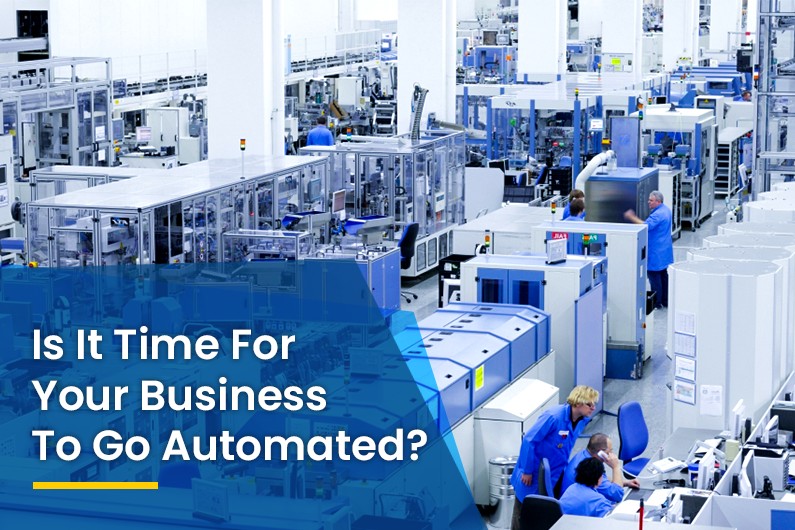Any business that deals with manufacturing and production will greatly benefit from increased productivity and lowered costs. And one significant way to achieve that is through factory automation.
Learn more about it here.
Factory Automation, An Overview
Factory Automation points to the implementation of systems and technology to automate the manufacturing process.
Automation is quite versatile and flexible, as companies can opt to automate one or all of their processes – from material quantity control, the production or assembly of materials and products, and packaging.
Here are the types of factory automation based on the level of automation.
- Single automated machines, for instance, are only designed to do one task repeatedly, like insertion of parts, cutting, or packaging.
- Automated production lines are when some or most of the tasks are automated, with a few people manning for adjustments and monitoring.
- End-to-end automation is when everything is fully-automated, with machines working 24/7 with no operators.
The ultimate goal of factory automation, of course, is to drive productivity and reduce costs. If you’re contemplating on whether or not to automate your manufacturing process, consider the following benefits of factory automation.
Advantages of Factory Automation
Below are the reasons to consider automation in your manufacturing process:
1. It improves productivity
One of the best things about automation is the increased rate in production. Most machines, after all, can work at a constant speed, unsupervised, 24/7. That means you can introduce products into the market faster.
2. It improves quality assurance
Automation results in consistency as it removes the variability brought about by human factors. Furthermore, machines are programmable, so you have better control on production. You can monitor the process and make adjustments when necessary to eliminate errors.
3. It reduces waste
Controlled consistency and repeatability save materials from being wasted. Moreover, your company also reduces costs on disposal.
4. It removes common human-resource issues
Automating your manufacturing process means your company has significantly fewer human resources issues to tackle. The company has less to worry when it comes to training, employee conflicts, leave application, and performance evaluation, leaving room for other crucial matters.
5. It promotes a safer working environment
Having machines do the dangerous, heavy labor tasks involved in the manufacturing process reduces workplace hazards. Many machines also have built-in shutdowns for accidents.
6. It reduces operational costs
Ensuring quality, eliminating human resource issues, and reducing waste all saves the company on operational expenses. Moreover, automation results in increased flexibility and versatility. You see, machines can be “redeployed” in other applications or switch between a range of products and tasks without building everything from scratch.
7. It increases income
Finally, the combination of all of the above advantages lead to increased financial bottomlines. Increased production coupled with reduced operational costs greatly increases profitability.
Factory Automation: A Great Investment
Some worry about investing in factory automation due to the high initial costs. But, over time, with all its advantages – particularly reduced operational costs and increased productivity and income – factory automation can turn out to be a great investment.
Testech can help you streamline your manufacturing processes to boost productivity and reduce operating expenses. Email us today at sales.marketing@testech.com.ph to learn more about factory automation.







